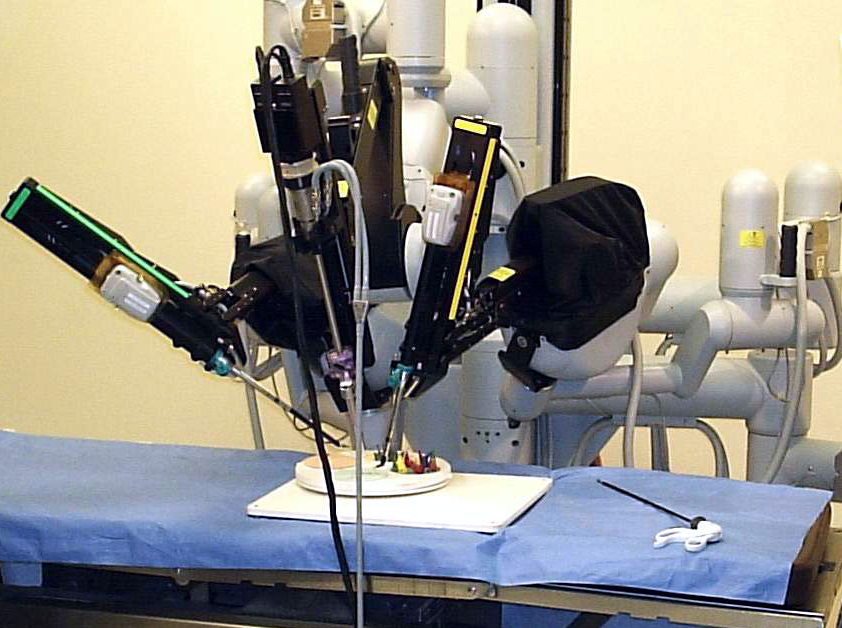

From the beginning of 2022, the mental health of Ukrainians is under significant challenge.
Along with the general population, special attention is required for medical personnel, who are on the front line, both literally and metaphorically.

Doctors, nurses and other employees of medical institutions face not only a huge physical and emotional load, but also the consequences of long-term stress and burnout.
The importance of psychological support for them becomes undeniable.

The impact of war on mental health: statistics and research
Research shows that the number of people seeking psychological help has increased dramatically since the outbreak of war.
According to the Ministry of Health of Ukraine, the number of people with post-traumatic stress disorder (PTSD) increased by more than 30% in 2023, and this number continues to grow.
Among medical staff, according to surveys, about 60% of medical workers experience signs of burnout, and about 25% need psychological support.
Table 1. Level of requests for psychological help in Ukraine (2020-2024)
| Year | Total number of references | Dealing with PTSD | Health care workers who have sought care |
|---|---|---|---|
| 2020 | 150 000 | 12 000 | 8 000 |
| 2021 | 170 000 | 13 500 | 9 000 |
| 2022 | 250 000 | 50 000 | 20 000 |
| 2023 | 320 000 | 75 000 | 30 000 |
| 2024 (evaluation) | 400 000 | 100 000 | 40 000 |
Mental health of health care workers: key challenges
Burnout and chronic stress
Medical burnout is becoming one of the most common problems. Constant work under conditions of resource scarcity, patient overload and moral pressure create an environment conducive to chronic stress.
This condition is manifested by physical and emotional fatigue, depression and, as a consequence, a decrease in the quality of work.
Post-traumatic stress disorder
PTSD is particularly pronounced among health professionals working in war zones or with patients affected by war.
Constant interaction with trauma, death and suffering leads doctors and nurses to become victims of psychological shock themselves.
Table 2. Main symptoms of PTSD among medical professionals in Ukraine
| Symptom | Percentage of health workers (%) |
|---|---|
| Sleep disorders | 85 |
| Anxiety attacks | 70 |
| Depression | 60 |
| Flashes of anger | 45 |
| Concentration disorders | 50 |
Recommendations for improving psychosocial support
1. Establishment of specialized support programmes
There is a need to introduce and expand programs aimed at providing psychological support to health professionals. These can be both group and individual consultations with psychotherapists, available both online and offline. For successful implementation of the program, it is important to involve professionals trained in working with PTSD and stress.
2. Telemedicine and online support
In resource-poor and logistically constrained settings, it is important to expand the capacity of telemedicine services to provide psychological counseling. Online platforms for psychological counseling are becoming an important tool, especially for health professionals in remote areas or those working in extreme environments.
3. Preventive measures and trainings
One of the key elements of combating burnout is prevention. Regular trainings for medical workers aimed at teaching stress management, emotional regulation and self-help skills can help to reduce stress levels. It is also important to create an environment where health workers can talk openly about their problems and receive support from colleagues.

Patient support: treatment of PTSD and anxiety disorders
In addition to supporting medical professionals, it is critical to develop programs to help patients with PTSD and other anxiety disorders caused by war. Continuous shelling, destruction of homes, and loss of loved ones all leave deep psychological wounds. Rehabilitation programs and psychotherapeutic techniques (e.g., cognitive-behavioral therapy) become central to the recovery of such patients.
Table 3: Main methods of PTSD treatment in Ukraine (2024)
| Treatment method | Description | Efficiency (%) |
|---|---|---|
| Cognitive behavioral therapy | Changing destructive thoughts and behaviors | 80 |
| Group therapy | Support in a group of people with similar problems | 70 |
| Medical treatment | Medications to reduce anxiety and depression | 60 |
| Psychoeducation | Teaching patients stress management skills | 75 |

Conclusion
In the context of war, supporting the mental health of medical personnel and patients in Ukraine is becoming one of the key tasks of the health care system.
Medics working in war zones and receiving war victims face chronic stress, burnout and symptoms of post-traumatic stress disorder (PTSD).
These factors not only affect their personal health, but also reduce the quality of care provided.
Without adequate psychological support, there can be serious long-term consequences for both workers and their patients.
Studies show that about 60% of medical workers in Ukraine face signs of burnout, and up to 25% of them need psychological support.
In the conditions of increased load on the medical system it is important to act systematically and quickly.
Recommendations:
- Establishment of specialized support centers for health professionals : Organizing psychological support for health professionals should be a priority. It is important that every hospital or health facility has teams that can provide professional psychological support on an ongoing basis. The use of techniques such as cognitive behavioral therapy (CBT) has been shown to be effective in the treatment of stress and PTSD.
- Telemedical support: Online psychological counseling is becoming an important tool for providing immediate support to medical staff and patients, especially in remote and affected areas. The development of such services should be part of the state mental health support program.
- Regular trainings and prevention programs: Introduction of regular trainings on stress management and burnout prevention can help to reduce the workload of medical staff. Prevention programs, including trainings for managers and hospital staff, can reduce stress levels and improve the psycho-emotional environment in the workplace.
- Support for PTSD patients: Rehabilitation programs for PTSD patients should be developed. Both individual counseling and group therapy are effective. Approaches such as psychoeducation help patients to develop stress management skills and minimize PTSD symptoms.
- International collaboration: It is important to continue to collaborate with international organizations dedicated to supporting mental health in crisis. This may include both engaging international professionals and sharing best practices and resources to address PTSD and burnout among health care providers.
About the Author

Kateryna Braitenko is a Ukrainian journalist and author specializing in writing articles for pharmaceutical publications. She holds a philology degree from Donetsk National University and a pharmaceutical degree from the National Pharmaceutical University in Kharkiv. She lives in Kyiv and continues her career, covering relevant issues in medicine and pharmaceuticals.



